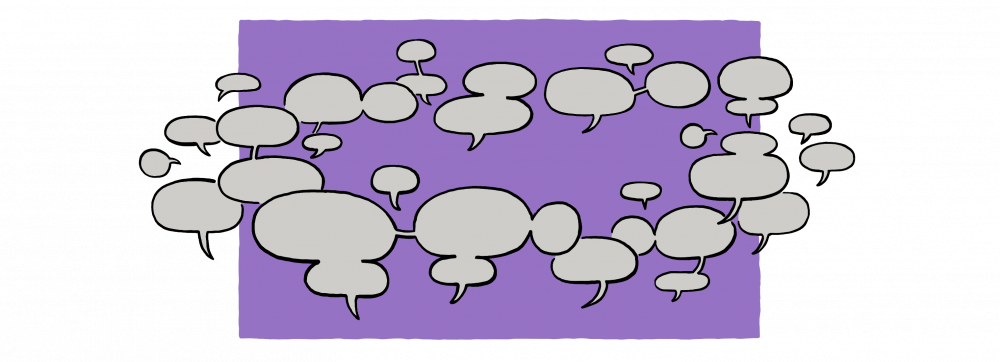Registration:
Send an email to s.devuyst@ugent.be. There will be a free sandwich lunch. Please register before 21/11 if you want to participate in the lunch and indicate your preference: sandwich meat, cheese, vegan or fish. If you do not want to participate in the sandwich lunch, you can register until 29/11.
Title:
Culture, gender and parasites: Interdisciplinary global health research around leishmaniasis
Abstract:
Cutaneous leishmaniasis (CL) is a skin condition caused by infection with a microscopic parasite (Leishmania spp.) which results in the development of skin lesions which heal slowly and are difficult to treat. These lesions can result in the stigmatisation and social isolation of the infected individual, causing severe emotional distress. ECLIPSE is a four-year £4.6M healthcare programme funded by the UK’s National Institute for Health Research (NIHR), which aims to improve the patient journey for people with CL and to reduce stigma in the most underserved communities in Brazil, Ethiopia and Sri Lanka.
The ECLIPSE team is multidisciplinary with over 60 researchers (anthropologists, psychologists, sociologists, parasitologists, public health and primary care specialists), physicians (dermatologists, family doctors, community medicine specialists) and artists (theatre makers, performance artists, musicians, painters). The ECLIPSE researchers are using an intersectional approach involving a range of qualitative and quantitative methods to gain an in-depth understanding of people’s, communities’ and healthcare professionals’ experiences and views on the impact of CL on the daily lives of those affected and the barriers to seeking healthcare, including obtaining accurate, early diagnosis and receiving effective treatment. The ECLIPSE programme is underpinned by theoretical and methodological approaches from medical anthropology. Research activities include team ethnography, individual ethnography, interviews, focus groups, CL awareness and stigma surveys, creative community workshops with local artists, intervention design and feasibility evaluations.
The ECLIPSE team is strongly committed to involving community members in Brazil, Ethiopia and Sri Lanka in all ECLIPSE activities. This means that each stage of the research is conducted with local communities, in line with the ECLIPSE ethos: ‘no research about community members, without community members’. ECLIPSE researchers recognise, value and seek to amplify community knowledge and understandings of health and illness, and explore the facilitators and challenges of seeking treatment for CL. Indeed, community engagement and involvement is at the heart of ECLIPSE. The community members’ experiential knowledge, combined with other knowledge (such as biomedical and anthropological insights), will result in the development of new knowledge which will underpin the co-creation of the ECLIPSE public health interventions. These will be co-developed with community members, implemented and evaluated in Brazil, Ethiopia and Sri Lanka. One intervention in each site will be community based, while the second will be a training package for local health workers.
With the increasing calls for large multidisciplinary teams in health research, team ethnography features more and more as a methodological approach. Global health projects like ECLIPSE, which rely on the collaboration among people in and across various communities, societies and countries, are particularly well suited for team ethnography to explore culture, gender and parasites. Team members in these projects, however, often experience competing demands and obligations to and from the local communities in which they work; to and from team members in the different countries; to and from health policy makers; and to and from funding bodies. Added to this mix is the pressure to maintain a consistent level of academic rigour, reflexivity and comprehensibility across field sites, cultures and contexts. This complicates the issue of how to conduct robust team ethnography.
ECLIPSE researchers will convene a 2-hour research seminar at the Centre for Research on Culture and Gender (CRCG) which will consist of a series of short presentations on different aspects of the ECLIPSE programme, and will introduce discussion topics, including:
•The patient journey for people with CL: a perspective from 3 continents
•Is CL a stigmatizing disease and who is affected most: an intersectional approach
•Community engagement and involvement in a CL programme: effective, decolonial and inclusive community engagement amplifying local knowledge
•Interdisciplinary research: how do we foster and further develop interdisciplinary insights on cutaneous leishmaniasis?
Supported by: ECLIPSE, Centre for Research on Culture and Gender, NIHR, ESCO
